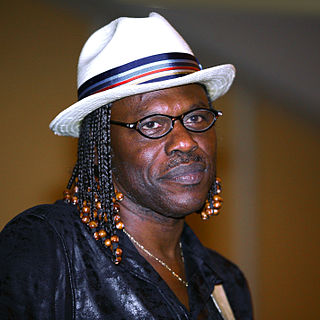A Quote by Alexandria Ocasio-Cortez
There is no such thing as talking about class without there being implications of the racial history of the United States. You just can't do it.
Related Quotes
The United States is a special case, and for me, very interesting. It's studied carefully and we know a lot about it. One of the most striking features of the elections is the class-based character of the vote. Now, class is not discussed or even measured in the United States. In fact, the word is almost obscene, except for the term "middle class." And you can't get exact class data; the census doesn't even give class data. But you can sort of see the significance of it just from income figures.
I've always been interested in history, but they never taught Negro history in the public schools...I don't see how a history of the United States can be written honestly without including the Negro. I didn't [paint] just as a historical thing, but because I believe these things tie up with the Negro today. We don't have a physical slavery, but an economic slavery. If these people, who were so much worse off than the people today, could conquer their slavery, we can certainly do the same thing....I am not a politician. I'm an artist, just trying to do my part to bring this thing about.
The way Americans most understand the history of Latinos in this country, a lot of it is being told now through the lens of what's happening with the immigration debate. While that's an important debate that has security and moral implications, in my view, there's also a huge history of Latinos in the United States that's never been told.
I'm actually genuinely optimistic about the United States and what's possible in the United States. And when you're out here, you see Americans across racial and economic and socioeconomic lines working together. And you maybe get a little bit less cynical than when you sit in the seat of kind of the epicenter of it all.
At home in the states, I think there's a tendency in the states to go for the latest, greatest thing. The latest, greatest is the latest greatest. I think when you're talking about France, England, things like that, they look for the history of an artist and they go back when it comes to music like this anyway. They will go back a little bit further. I think the United States is very knowledgeable and it's a good place to play.
The history of mankind is a history of the subjugation and exploitation of a great majority of people by an elite few by what has been appropriately termed the 'ruling class'. The ruling class has many manifestations. It can take the form of a religious orthodoxy, a monarchy, a dictatorship of the proletariat, outright fascism, or, in the case of the United States, corporate statism. In each instance the ruling class relies on academics, scholars and 'experts' to legitimize and provide moral authority for its hegemony over the masses.


































